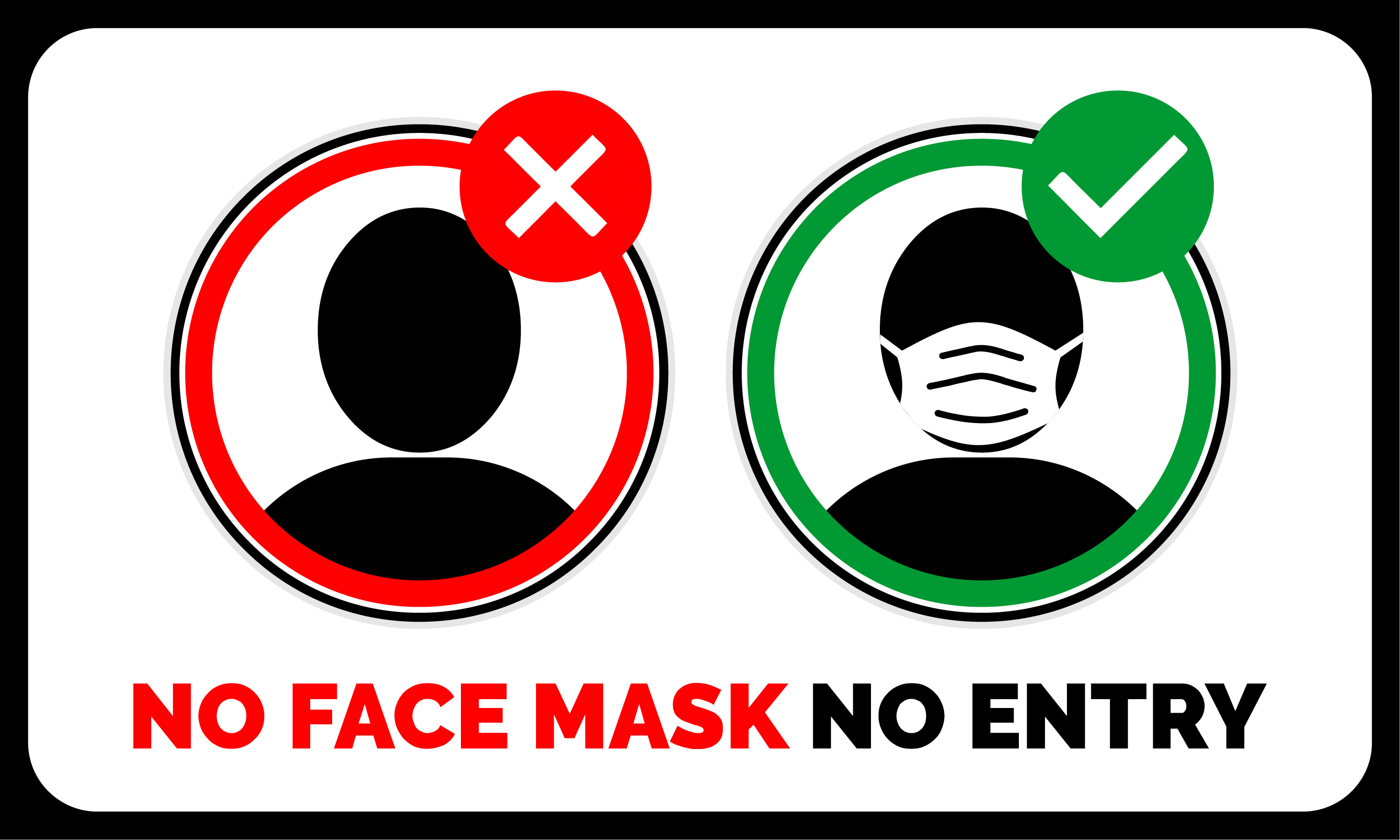

The use of sonic cues, in this context, draws directly from the logic of role-playing video games. The installation’s sound environment establishes ambience and also guides and synchronizes the actions of the individual audience- and cast members who navigate the space during each performance. Although many of its sonic references are drawn from wellknown analog sources, their deployment marks a shift in the role of sound in theater and film.

This essay examines the soundscape and architecture of Punchdrunk’s immersive theater installation Sleep No More (New York, 2011). Drawing on Jacques Rancière’s The Emancipated Spectator, the article proposes that a sleep cultures approach to theatrical performance might challenge the dichotomy between active and sleepy spectatorship, advocating for a ‘sleeping’ spectator, reclaiming sleep from passivity and framing it as political action performed over a long duration. The article also looks beyond the performance itself to trace neoliberal discourses in the production’s online fan communities and potential labor law violations.
#SLEEP NO MORE MASK FREE#
Sleep No More encourages its spectators to have embodied experiences of the sleeplessness brought about by defining characteristics of neoliberal life, including the deregulation of human biological patterns, the interweaving of ‘real’ life with virtual technology and the experience of intimate relationships as frustrated by a free market logic of scarcity. The article conceives of Sleep No More’s version of neoliberal spectatorship as sleepless spectatorship, modeled on Macbeth’s own insomniac characters, reading Sleep No More’s form of spectatorship in conversation with what Simon Williams terms ‘sleep cultures’ research, including Jonathan Crary’s 24/7: Late Capitalism and the Ends of Sleep. This promotion of spectatorial choice has drawn critiques from scholars such as Adam Alston, Jen Harvie and Keren Zaiontz for its enthusiastic complicity in neoliberal modes of consumption and labor. Sleep No More’s immersive adaptation of Macbeth has attracted scholarly attention for its insight into spectatorial desires for mobility and interaction.


 0 kommentar(er)
0 kommentar(er)
